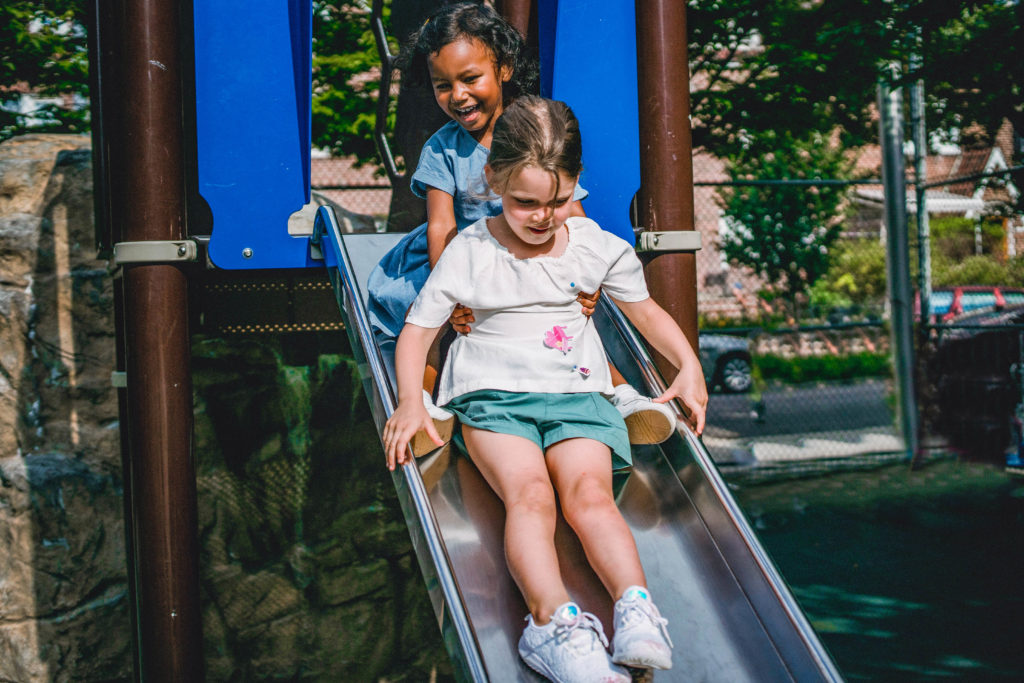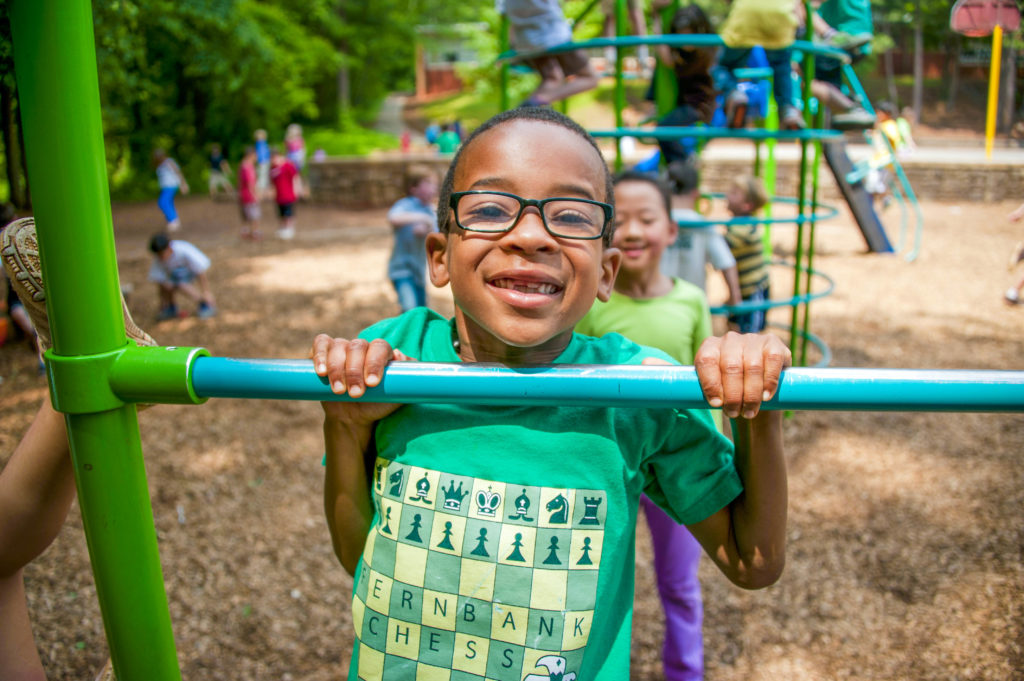Date Revised: August 29, 2023
Parents and caregivers of children with autism often worry about them making friends.
This is understandable since social deficits are a key part of autism. Children on the spectrum often need support to learn social norms. They may also have difficulty with their behavior when they are with friends. They might need help managing their actions and learning coping skills.
As a new school year begins, how can you help your child make friends? What role should you play in your child’s friendships, and what steps can you take now? Here are five tips.
Step 1: Seek behavioral or therapeutic support.
If your child acts out, especially if it puts them in danger, focus on that first. Find an experienced applied behavior analysis (ABA) provider. A board certified behavior analyst (BCBA) will help your child learn appropriate behaviors. If your child has difficulty communicating, a BCBA can help them learn language and communication skills. This will give your child a foundation for the social skills they need to start making friends.
Step 2: Create social opportunities with siblings or close family members.
Most likely, your child spends a lot of time with brothers, sisters, and close relatives. For this reason, family time can provide opportunities for frequent and focused learning. You can help your child practice these skills. Try activities that involve taking turns and asking to borrow things. Activities can also involve pretending and playing alongside others. They’re all opportunities to build social skills.
For instance, set up a scenario for your child to work on taking turns with family members. Taking turns is important for developing social skills like listening and resolving conflicts. Children learn social rules, like taking turns and sharing, through simple play.
Step 3: Join a support group in your area.
Social media makes it easier than ever to share resources and events. You can also set up play dates for your children. Families can lean on each other for support, share information, and lend a listening ear.
If you’re not part of any online groups, think about joining one. You can connect with other families with children who have autism or special needs. Then, you can take part in similar activities. Often, children with autism join in activities like Special Olympics, sensory Sundays, or local social events.
Families with children in the autism spectrum disorder (ASD) community often become close friends. If possible, find families whose children go to your child’s school. This can help your child feel more comfortable at school, especially in the first days and weeks.
Step 4: Speak with your child’s teacher and IEP team about social goals.
To include social goals in your child’s Individualized Educational Plan (IEP), take steps now since you can’t go to school with them. Talk to your child’s IEP team about their social skills progress and difficulties. You can also invite their BCBA to IEP meetings. When everyone agrees on what’s important, it sets your child up for success.
Step 5: Plan after-school and weekend activities with other families.
Your ABA provider may also offer after-school social skills groups. Those can give your child a safe and friendly environment in which to socialize. It can also help them practice socializing with peers. Each group has a behavior technician or analyst for personalized support. If your provider offers a social skills group for your child’s age range, consider signing up.
Like your child, you can take part in social events, too, and make friends with fellow parents. School events and parent evenings let you meet and talk with others. Don’t be afraid to introduce yourself and strike up a conversation. Over time, this sort of interaction can lead to friendships for both you and your child.
As you get ready for the upcoming school year, keep in mind that school is about more than just academics. It’s about fostering friendships. Use these tips to set up your child for friendship success.
For more tips on raising children on the autism spectrum, read our blog post, “Help Your Child Build Friendships With Kids With Autism.”






